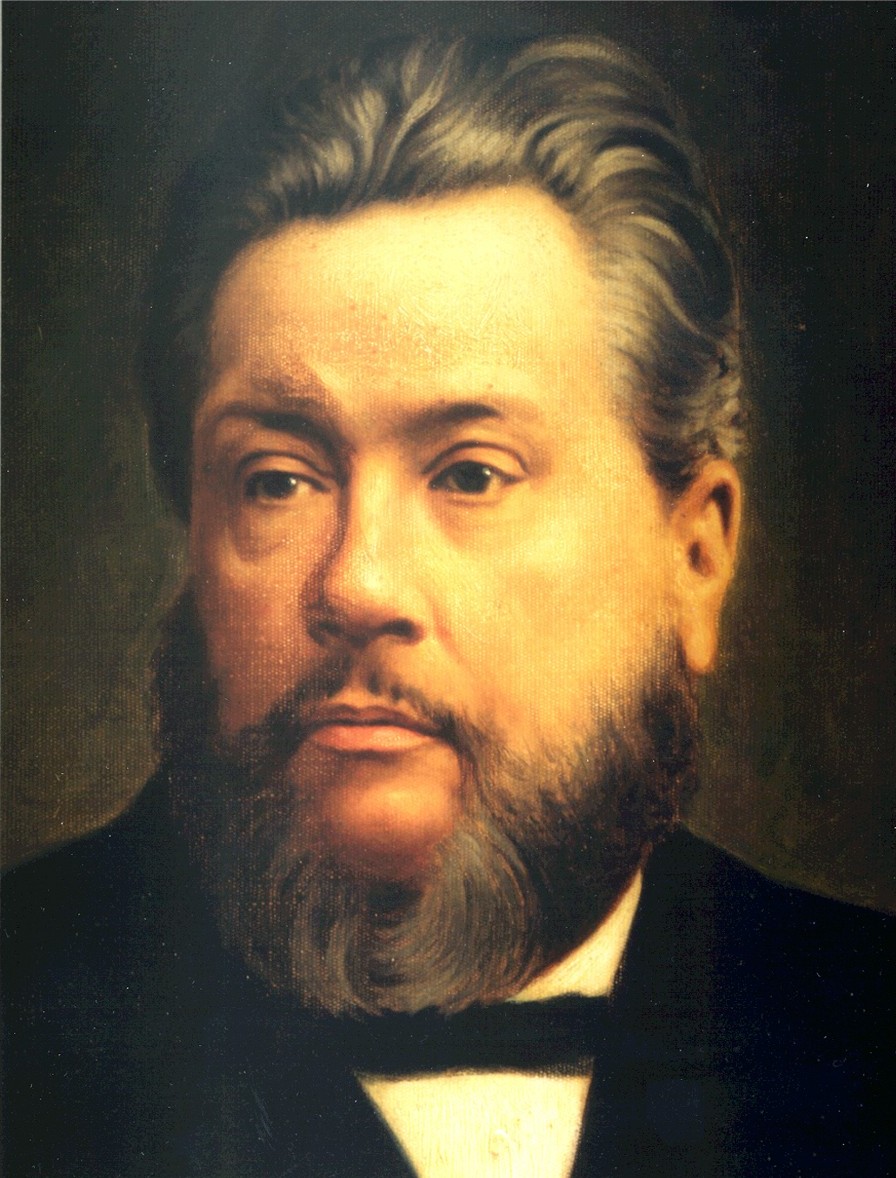(Author: John Piper)
On October 22, 1976, Clyde Kilby, who is now with Christ in Heaven, gave an unforgettable lecture. I went to hear him that night because I loved him. He had been one of my professors in English Literature at Wheaton College. He opened my eyes to more of life than I knew could be seen.
O, what eyes he had! He was like his hero, C. S. Lewis, in this regard. When he spoke of the tree he saw on the way to class this morning, you wondered why you had been so blind all your life. Since those days in classes with Clyde Kilby, Psalm 19:1 has been central to my life: "The sky is telling the glory of God."
That night Dr. Kilby had a pastoral heart and a poet's eye. He pled with us to stop seeking mental health in the mirror of self-analysis, but instead to drink in the remedies of God in nature.
He was not naïve. He knew of sin. He knew of the necessity of redemption in Christ. But he would have said that Christ purchased new eyes for us as well as new hearts. His plea was that we stop being unamazed by the strange glory of ordinary things.
He ended that lecture in 1976 with a list of resolutions. As a tribute to my teacher and a blessing to your soul, I offer them for your joy.
10 Resolutions for Mental Health
1. At least once every day I shall look steadily up at the sky and remember that I, a consciousness with a conscience, am on a planet traveling in space with wonderfully mysterious things above and about me.
2. Instead of the accustomed idea of a mindless and endless evolutionary change to which we can neither add nor subtract, I shall suppose the universe guided by an Intelligence which, as Aristotle said of Greek drama, requires a beginning, a middle, and an end.
I think this will save me from the cynicism expressed by Bertrand Russell before his death when he said: "There is darkness without, and when I die there will be darkness within. There is no splendor, no vastness anywhere, only triviality for a moment, and then nothing."
3. I shall not fall into the falsehood that this day, or any day, is merely another ambiguous and plodding twenty-four hours, but rather a unique event, filled, if I so wish, with worthy potentialities.
I shall not be fool enough to suppose that trouble and pain are wholly evil parentheses in my existence, but just as likely ladders to be climbed toward moral and spiritual manhood.
4. I shall not turn my life into a thin, straight line which prefers abstractions to reality. I shall know what I am doing when I abstract, which of course I shall often have to do.
5. I shall not demean my own uniqueness by envy of others. I shall stop boring into myself to discover what psychological or social categories I might belong to. Mostly I shall simply forget about myself and do my work.
6. I shall open my eyes and ears. Once every day I shall simply stare at a tree, a flower, a cloud, or a person. I shall not then be concerned at all to ask what they are but simply be glad that they are. I shall joyfully allow them the mystery of what Lewis calls their "divine, magical, terrifying and ecstatic" existence.
7. I shall sometimes look back at the freshness of vision I had in childhood and try, at least for a little while, to be, in the words of Lewis Carroll, the "child of the pure unclouded brow, and dreaming eyes of wonder."
8. I shall follow Darwin's advice and turn frequently to imaginative things such as good literature and good music, preferably, as Lewis suggests, an old book and timeless music.
9. I shall not allow the devilish onrush of this century to usurp all my energies but will instead, as Charles Williams suggested, "fulfill the moment as the moment." I shall try to live well just now because the only time that exists is now.
10. Even if I turn out to be wrong, I shall bet my life on the assumption that this world is not idiotic, neither run by an absentee landlord, but that today, this very day, some stroke is being added to the cosmic canvas that in due course I shall understand with joy as a stroke made by the architect who calls himself Alpha and Omega.









